Legal help for people and families who are victims of medical malpractice
We help bring back financial security to individuals and families affected by medical malpractice and medical negligence.
Billy and myself have and do feel your firm is and was a Blessing to our family. We are still climbing hills in Billy’s recovery but Without y’all we could not have survived. The compassion and concern, TRUE CONCERN, that we had and have received is by far extraordinary. We cannot thank you all enough for taking the weight off the most horrific time in our Family and carrying it to the end. You all deserve a gold medal daily for all you do.
Sincerely William Dickens and family
After my mother was rendered a quadriplegic in a horrific crash caused by a defective tire, our family was devastated. Medical Malpractice Help, helped our mother and my family through every step of the way by making us feel like a family from day one and never treated us like we were just clients. We are grateful to have been surrounded by a team that value professionalism, friendship and integrity. Therefore, we are very thankful for all of your support and assistance during this difficult time for our family.
Rudy Labissiere
Has your health or the health of your loved one suffered due to medical carelessness?
Every year thousands of people are needlessly killed and injured as the result of careless medical mistakes. Many of these mistakes are made by the same bad doctors who are repeat offenders. Unfortunately, based on the facts, a medical malpractice claim may be the only option for a victim of medical malpractice and their family to receive compensation they need for care and treatment.
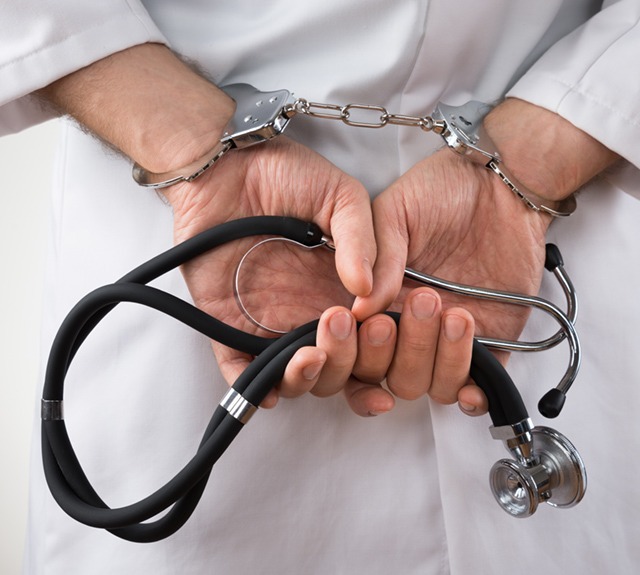
Find out today whether you might be eligible for compensation through a medical malpractice claim
Legal
Surgical Malpractice
Pediatric Malpractice
Birth Injuries
Failure to Diagnose
We limit our practice to catastrophic injury and wrongful death cases
We limit our practice to only the most serious injury cases involving brain injury, spinal cord injuries or death. Because we help only clients with the most serious injuries, we don’t have a “volume” practice, like other law firms who take anything that comes in the door. As our client, you will know and work directly with us, your lawyers – not just a legal assistant or paralegal.
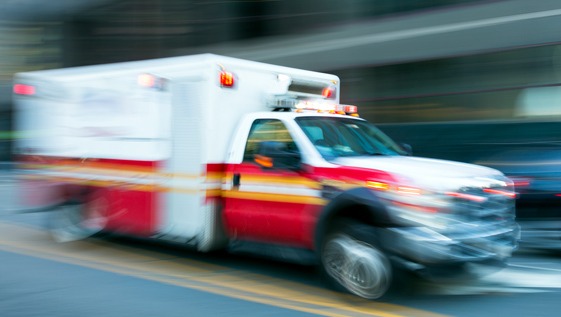

We bring financial strength and experience in the courtroom to your side
Our firm has received the highest peer review ratings because we win cases – not just through settlements – but in the courtroom and in trial with juries and judges. With a proven track record of litigating serious cases against big hospitals and corporations, the other side knows we have the financial strength to go the distance.
No up-front costs and no fees whatsoever unless you win
Through trial, a typical medical malpractice case will cost in excess of 150, 000 for things like expert witnesses, depositions, filing fees and exhibits. And this is in ADDITION to the attorney’s fees. Most families can’t afford to pay fees or costs so we handle most of our clients on a contingency fee basis. This means we front all of the costs and get paid from a percentage of the recovery. And if we lose (which fortunately only rarely happens), you don’t owe us a dime for fees or costs.

Honors and Awards
-
1991United States Department of Justice, Special Achievement Award
-
2003-2014The Best Lawyers in America
-
2004-2008Orlando Magazine, “Best Lawyers in Orlando
-
2004-2014AV Rated by Martindale Hubbell
-
2005-2014Florida Trend’s “Legal Elite”
-
2007-2014ATLA Top 100 Trial Lawyers
-
2008-2009American Association for Justice, Member of Board of Directors
-
2011Law Dragon 500, US News “Best Law Firms”
-
2011-Pres.National Trial Lawyers Association, Member of the Executive Committee
-
2012-2014Member of The Summit Council, “Best Plaintiff’s Lawyers in the United States
-
PresentFormer President, Florida Justice Association, Million Dollar Advocates
United States Department of Justice, Special Achievement Award
Latest Medical Malpractice News

Medical negligence can shatter lives, but when it involves pediatric patients, the stakes rise exponentially. Children with unique vulnerabilities and developing systems require impeccable care. Yet, in a city like Orlando, these young patients face distinct challenges rooted in the healthcare dynamics. As these issues unfold, the guidance and advocacy of a medical malpractice lawyer
Read More
In the vast world of medical treatments and procedures, doctors and healthcare professionals are expected to provide care that meets specific standards. However, when those standards are not met, patients may suffer unnecessary harm, leading to significant financial, emotional, and physical consequences. In such scenarios, it becomes crucial for victims to seek compensation. To
Read More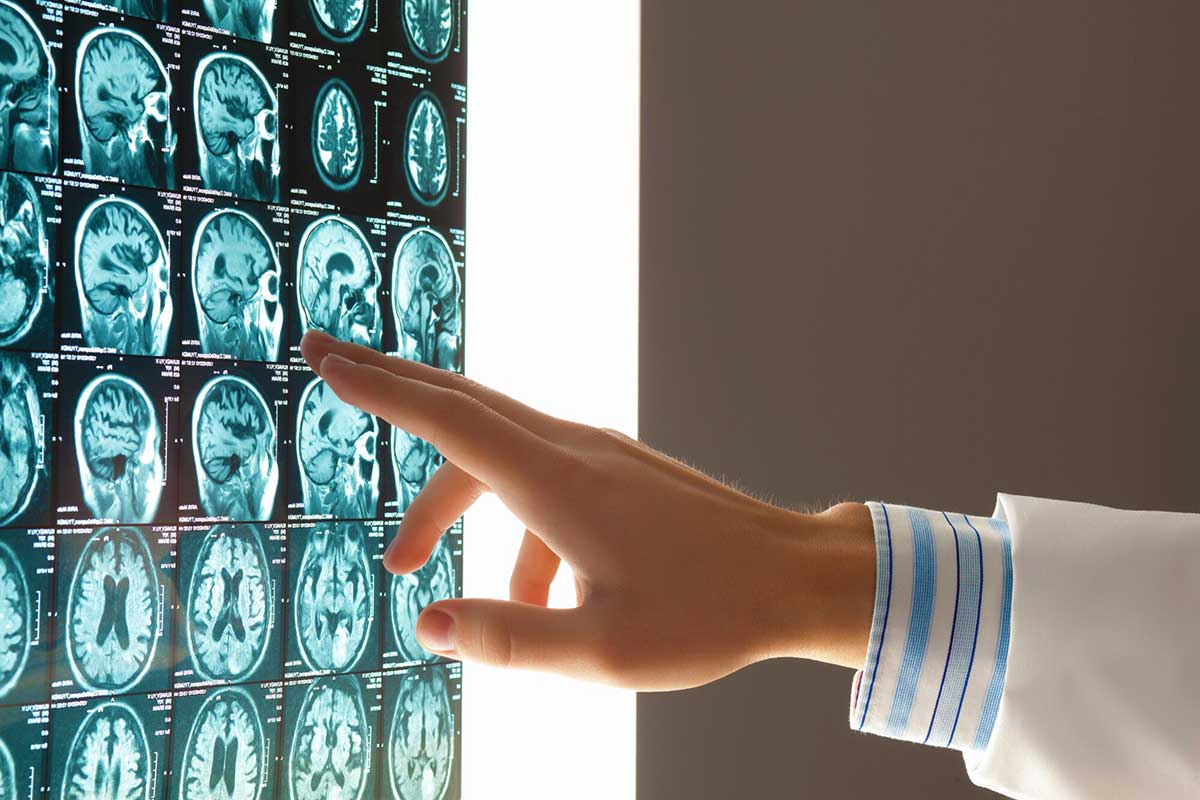
If you’ve suffered as a result of medical malpractice, you’re not alone. A recent study found that more than 250,000 individuals die annually as a result of medical malpractice and negligence. To help you get swift justice, we’ve explored everything you need to know about medical injuries, including common injuries and when to hire an attorney. That
Read MoreLatest Frequently Asked Questions
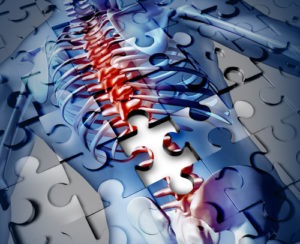
You can suffer a spinal cord injury as a result of medical malpractice. Depending on the severity of the damage and the level of your spine, you might not be able to walk again, use your arms, or even breathe on your own. How Medical Malpractice Can Cause a Spinal Cord Injury When you receive
Read More
The brain can sustain damage as a result of medical malpractice. Some minor incidents only cause temporary disruption to the brain. A significant event can leave the patient with devastating harm to the brain and change their life forever. Types of Brain Injuries Caused by Medical Malpractice There are several ways you can suffer a
Read More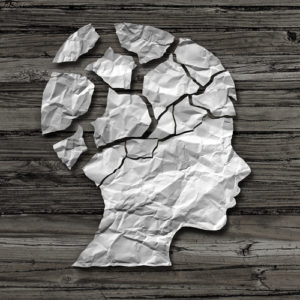
Traumatic brain injuries, known as TBIs, are a type of brain injury that can lead to brain damage. All TBIs are brain injuries, but not all brain injuries occur because of traumatic events. There are other types of brain damage that can leave the person with temporary or permanent impairments. He or she may require
Read More